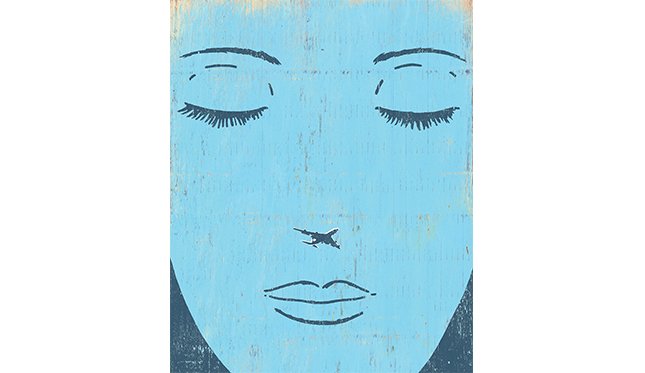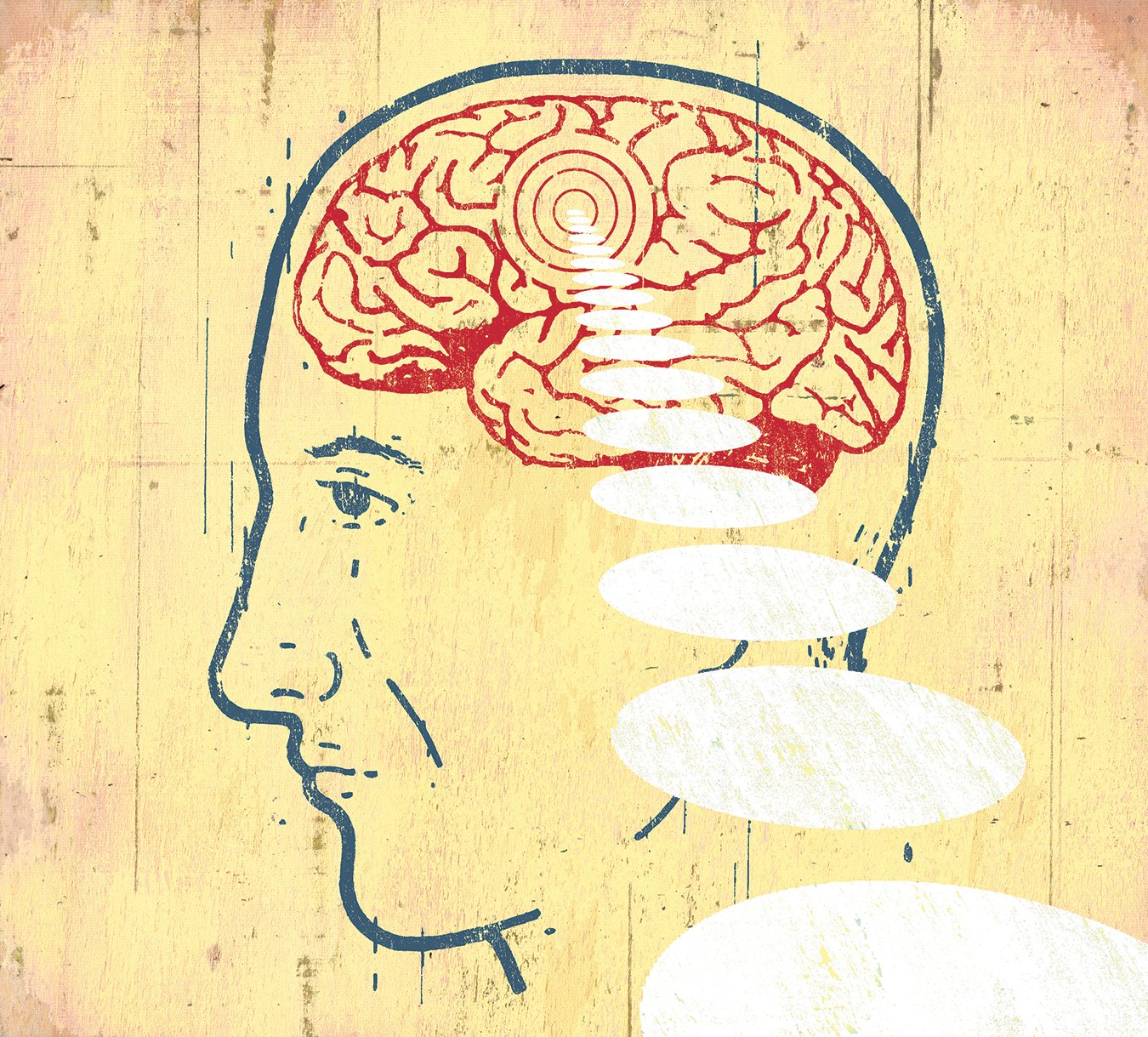A patient of mine, a partner at a New York–based private equity firm, recently called asking for a prescription for Ambien. He had a major negotiation in London coming up and, planning to arrive across the pond right before his meeting, he wanted the sleep medication to “fix” the resulting jet lag. Instead, I gave him simple advice: Arrive two days early and just sleep—without the aid of alcohol, sedatives or stimulants. He thought I was crazy.
Many ambitious people, like my patient, tend to see sleep deprivation as a sign of drive and commitment. In reality, few things can make you more powerless. My most successful clients value sleep and are strict about sticking to a healthy sleep schedule. They know that a well-rested brain is their greatest asset. Good sleep is the key to cognitive fitness, and is just as important as diet and exercise for overall health. Not having enough of it can lead to degenerative illnesses, cardiovascular disease and premature death.

The dangers of sleep deprivation are well documented, with study after study confirming the importance of rest to our bodies. One particular study, published in 2015 in the American Journal of Preventive Medicine, followed nurses over a 22-year period, showing that those who worked night shifts for a prolonged period had a 23 percent higher risk of dying from heart disease.
Unaware of the effects of sleep deprivation, my patient thought that he could “hack” a good night’s rest with medication.
Despite the evidence, our culture has been slow to accept the curative value of sleep. In fact, more than a third of Americans aren’t getting the necessary seven or more hours of sleep per night, and the average night’s rest is 1.1 hours shorter today than it was in 1942, according to data from Gallup.
Most people don’t know how to recognize when they’re sleep-deprived. This is because the overwhelming presence of phone and computer screens and other light sources is removing our natural cue for sleep: darkness. A photopigment in our eyes called melanopsin tells our brain how much light is around us and, correspondingly, whether or not it is time to sleep. It plays a crucial role in setting our circadian rhythm—the “body clock” that regulates our biological processes. So if our eyes are constantly exposed to light, our brains don’t receive the signal to rest, and we remain as active as possible until exhaustion overtakes us.

This is a serious health risk because sleep is the foundation of our body’s ability to clear away the cellular waste that accumulates from the constant functioning of our organs such as brains and hearts—free radicals that cause vascular and neuronal injury. Without adequate sleep, this damage accumulates over time, leading to a rapid decline in executive functioning skills—the kind of skills that would help my patient process and analyze information for his negotiation, for example—in addition to increased mortality risk. After a bad night’s sleep, proteins linked to Alzheimer’s and dementia build up, blood sugar and insulin levels increase, and the ability to retain, analyze and process new information decreases.
Unaware of the effects of sleep deprivation, my patient thought that he could “hack” a good night’s rest with medication. But sleep aids like Ambien actually prevent the restful sleep that would make his brain function at its peak.
The good news is that although the effects of sleep deprivation are severe, getting more good-quality sleep has immediate benefits. One study from Oregon Health and Science University found that sleeping longer significantly reduced the brain plaques created by the amyloid-beta protein that are associated with Alzheimer’s and dementia.
My patient, if a little skeptical, ended up taking my advice. He wasn’t sure he could justify spending more hours doing “nothing” each night. Getting seven to eight hours of uninterrupted sleep, however, would gradually adjust his circadian rhythm in time for his meeting. When I called to check on his progress, he said he hadn’t felt so mentally sharp since he was a teenager. It was all in a good night’s rest.
The Dos and Don’ts of Good Sleep
Do:
⇒ Get seven to eight hours every night.
⇒ Go to bed and wake up at the same time every day.
⇒ Limit exposure to “blue light” at least one hour before bedtime (you can do this by using the “night shift” feature on your iPhone/iPad or similar applications for other devices).
⇒ Get evaluated for sleep apnea if you are a heavy snorer (sleep apnea is a major risk factor for cardiovascular disease).
Don’t:
⇒ Try to get by on five or six hours a night and “catch up” by sleeping more than eight hours later.
⇒ Change your bed and wake times frequently. This leaves your brain perpetually jet-lagged.
⇒ Rely on stimulants and/or sedatives to wake up and fall asleep. They interfere with your ability to get truly restorative sleep.
⇒ Alcohol is especially disruptive.
⇒ Take hot showers or vigorously exercise within three to four hours of going to sleep.
⇒ Eat within two hours of bedtime.
Dan Carlin, a physician, is CEO of WorldClinic, a New London, N.H.-based telemedicine practice.











